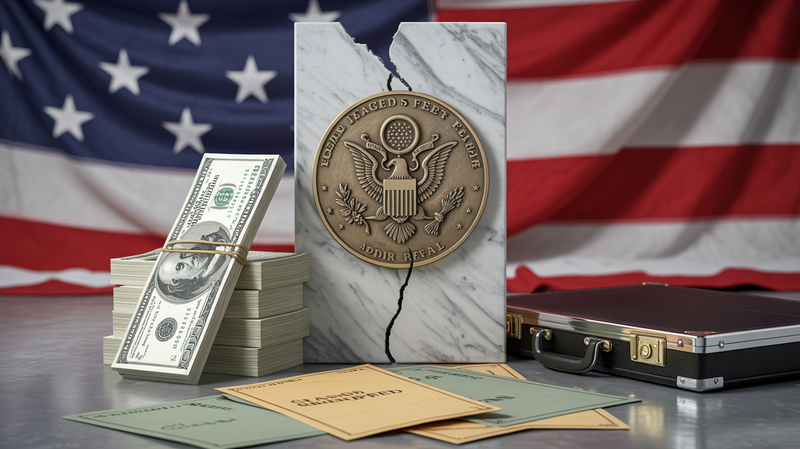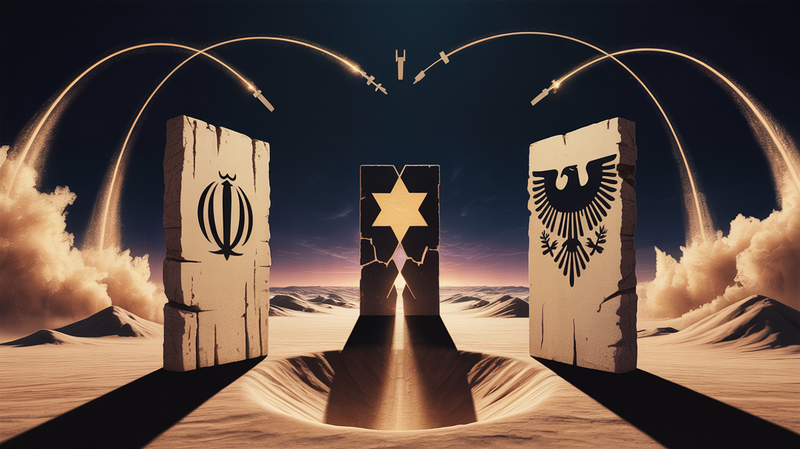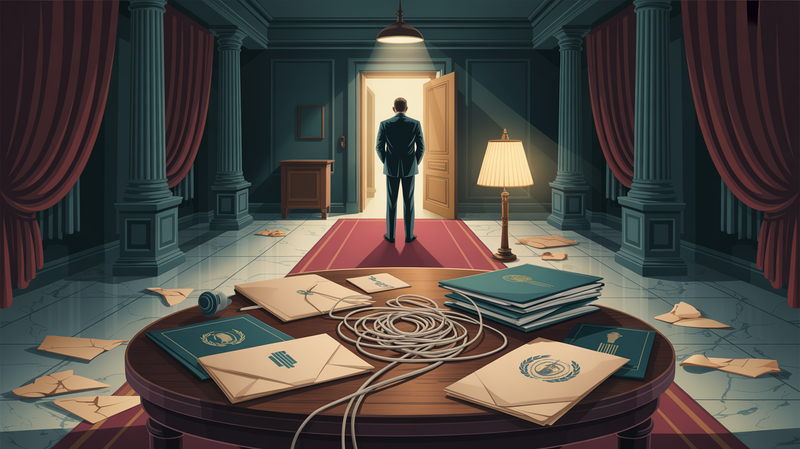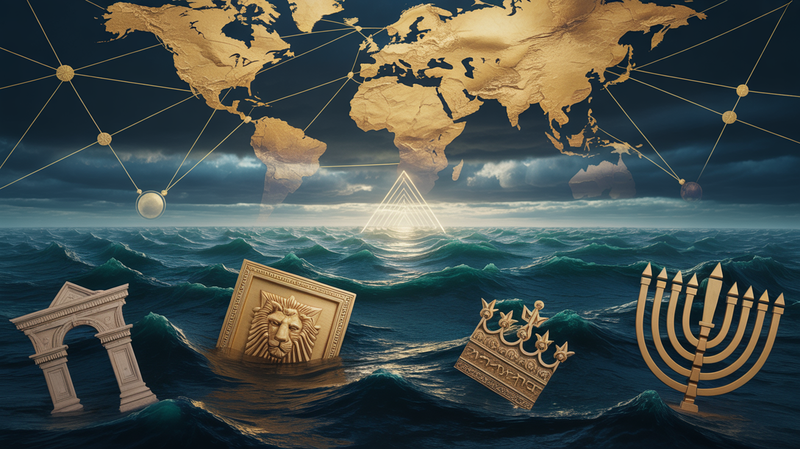Navigating International Relations and Diplomacy: Estonia's Lessons from Ukraine
In the shadow of the Ukraine crisis, Estonia, a small yet strategically significant nation, finds itself at a crossroads of international relations and diplomacy. This article delves into how Estonia can draw vital lessons from Ukraine's experiences, shaping its own approach to foreign policy and national identity. The
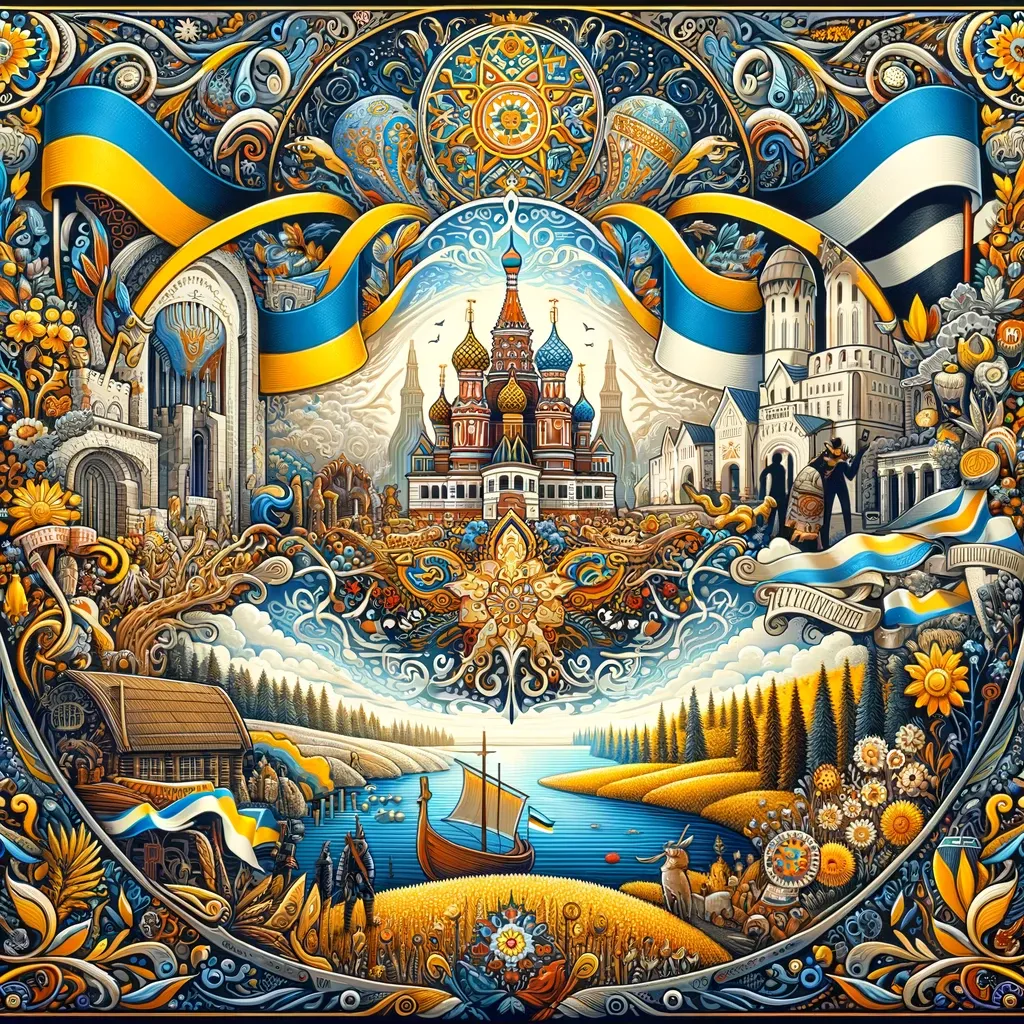
In the shadow of the Ukraine crisis, Estonia, a small yet strategically significant nation, finds itself at a crossroads of international relations and diplomacy. This article delves into how Estonia can draw vital lessons from Ukraine's experiences, shaping its own approach to foreign policy and national identity.
The Imperative of Peaceful Coexistence
The Ukrainian conflict has underscored the importance of maintaining peaceful relations with neighboring countries. For Estonia, this means prioritizing diplomacy and dialogue over confrontation. Despite historical tensions, especially with larger neighbors like Russia, Estonia's focus should be on forging paths of mutual understanding and respect. This approach is not just morally sound but also pragmatic, considering the severe human and economic costs of conflict.
Economic Cooperation and Development
Ukraine's situation highlights the role of economic interdependence in ensuring regional stability. Estonia, with its robust digital economy and strategic Baltic location, stands to benefit significantly from peaceful trade relations. Encouraging cross-border trade, investment, and cooperation would not only bolster Estonia's economy but also strengthen political ties and reduce the likelihood of conflict.
Cultural Exchange and Mutual Understanding
Estonia's unique culture and history are pivotal to its national identity. Drawing from Ukraine's experience, Estonia can enhance its cultural diplomacy, promoting understanding and goodwill. Cultural exchange programs, educational initiatives, and tourism can bridge gaps between nations, fostering a sense of shared community and values.
Diplomatic Solutions Over Conflict
The Ukrainian crisis has shown the world the devastating impact of military conflict and the critical need for diplomatic resolutions. Estonia, with its active participation in international organizations like the EU and NATO, should advocate for and contribute to diplomatic efforts to resolve disputes. This involves active engagement in international dialogue, mediation efforts, and conflict prevention strategies.
Building a Resilient National Identity
Finally, Estonia can learn from Ukraine’s struggle to maintain its sovereignty and national identity. For Estonia, this means nurturing a sense of national pride and unity, while remaining open to global influences and cooperation. Ensuring strong domestic governance, transparency, and the protection of democratic values will help Estonia navigate international challenges while preserving its unique identity.
Conclusion
As Estonia observes Ukraine's ongoing battle for its future, it becomes clear that the path of peaceful diplomacy, economic cooperation, cultural exchange, and a strong national identity is not only desirable but essential. By learning from Ukraine's experiences, Estonia can fortify its own position on the international stage, ensuring a stable, prosperous, and secure future for its citizens.

